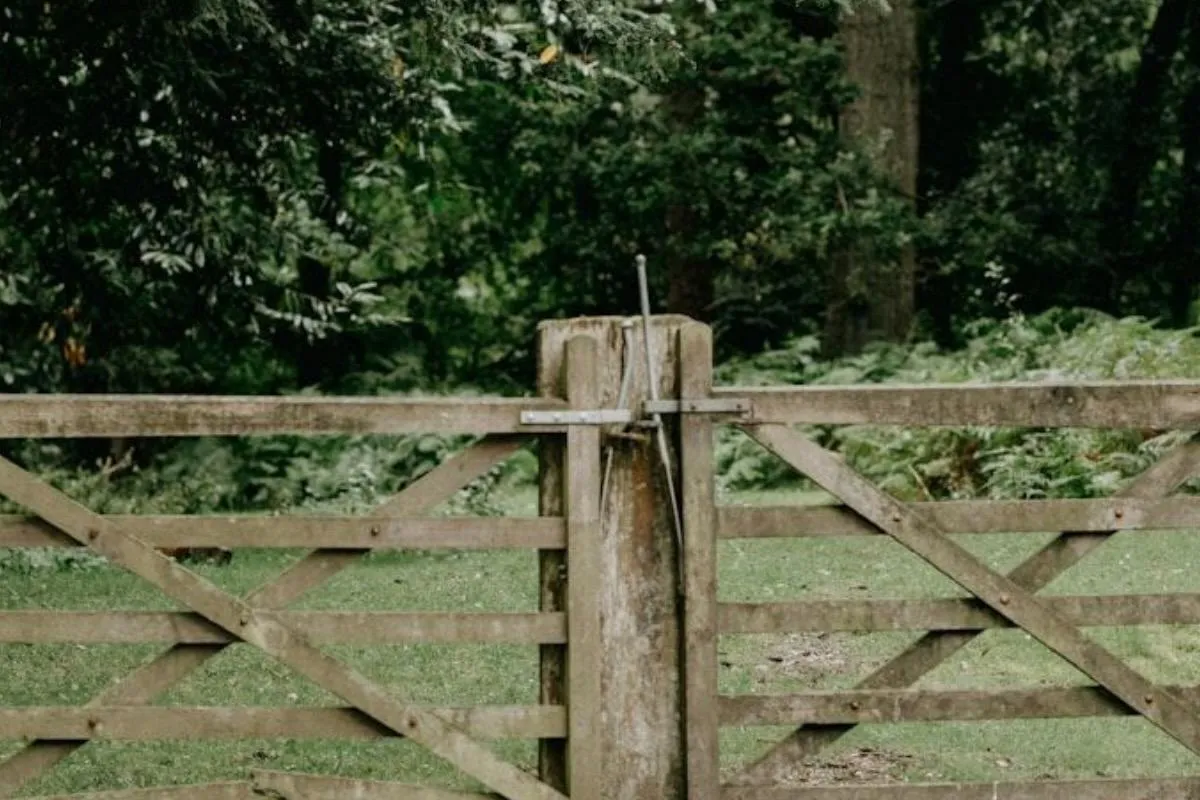
My Two Cents on Boundaries
One of the three core emotional needs of kids and teens is boundaries. By definition, boundaries are the limits and rules we set for ourselves within relationships. In essence, a boundary is the ability to say yes or no to others and say yes or no to ourselves. (Did you know that you have a relationship with yourself? It's your most important relationship, in my opinion.)
We need to allow our kids (teens especially) to tell us no sometimes, or say no to another family member. This is actually a very healthy part of development. Allowing a kids to say no to you today will likely help them say no to their peers when they invite them to drink or do drugs, to their girlfriend/boyfriend when she/he pressures them to do something they aren't comfortable with, or to their boss when he asks them to work every single weekend, etc. They will also learn to say no to themselves, which helps them avoid addictive behaviors.
As parents, one of the best ways to help our kids learn healthy boundaries is to model boundary-setting with them. Most people don't know this, but a boundary is always what you will do in a relationship, never what the other person will do. For example, if I have a boundary that I don't allow my teen yell at me, I have a plan for what I will do if yelling does occur. I may choose to leave the room or I may choose to withhold a privilege. Other people don't violate our boundaries; it is our responsibility to uphold our boundaries.
Rules are boundaries when there is a clear plan (and follow through) on what WE will do when the rule is broken or the boundary is crossed. It looks like, “Hey son, when you come home after curfew, I won't allow you to use the car the next day.” As parents, we need to be careful to not just throw out dozens of boundaries and rules. Having a few basic boundaries based on important values is much easier for a teen to keep track of and honor.
Another good reminder from author and speaker John McDowell said, “Rules without relationship leads to rebellion.” Rules and boundaries are better received when there is a good foundation of love and kindness in the relationship. This is why I teach parents that the most important thing they can do to have greater influence on their teenager is to strengthen their relationship with them.
Additionally, boundaries and empathy ALWAYS go together in parenting. We can hold a boundary while still staying connected to our kids by acknowledging their emotional experience. “Hey, I can see you're frustrated that I turned your phone off for an hour while you finish your homework. You can totally be mad at me, and it makes sense. I love you so much, and I promise to turn it back on once you're finished.” (Your teen WILL likely still be frustrated/angry, but at least they feel seen and validated.)
Boundaries create safety for our kids and teens. Despite how much they resist boundaries, they don't actually want to be in charge. When kids push back on one of our rules or boundaries, however, it doesn't hurt to ask them what about the boundary is creating resistance and take their emotional experience into consideration.
My oldest daughter (almost 19) was very triggered by anything that appeared to be unnecessarily controlling or restrictive. My son (16) struggles with boundaries that feel overprotective or that get in the way of him pursuing things he wants. My 14-year-old daughter gets frustrated by change and appreciates advanced notice. So, I consider these things with each of my teens as I set and carry out boundaries, and I try to keep communication OPEN and empathy HIGH.